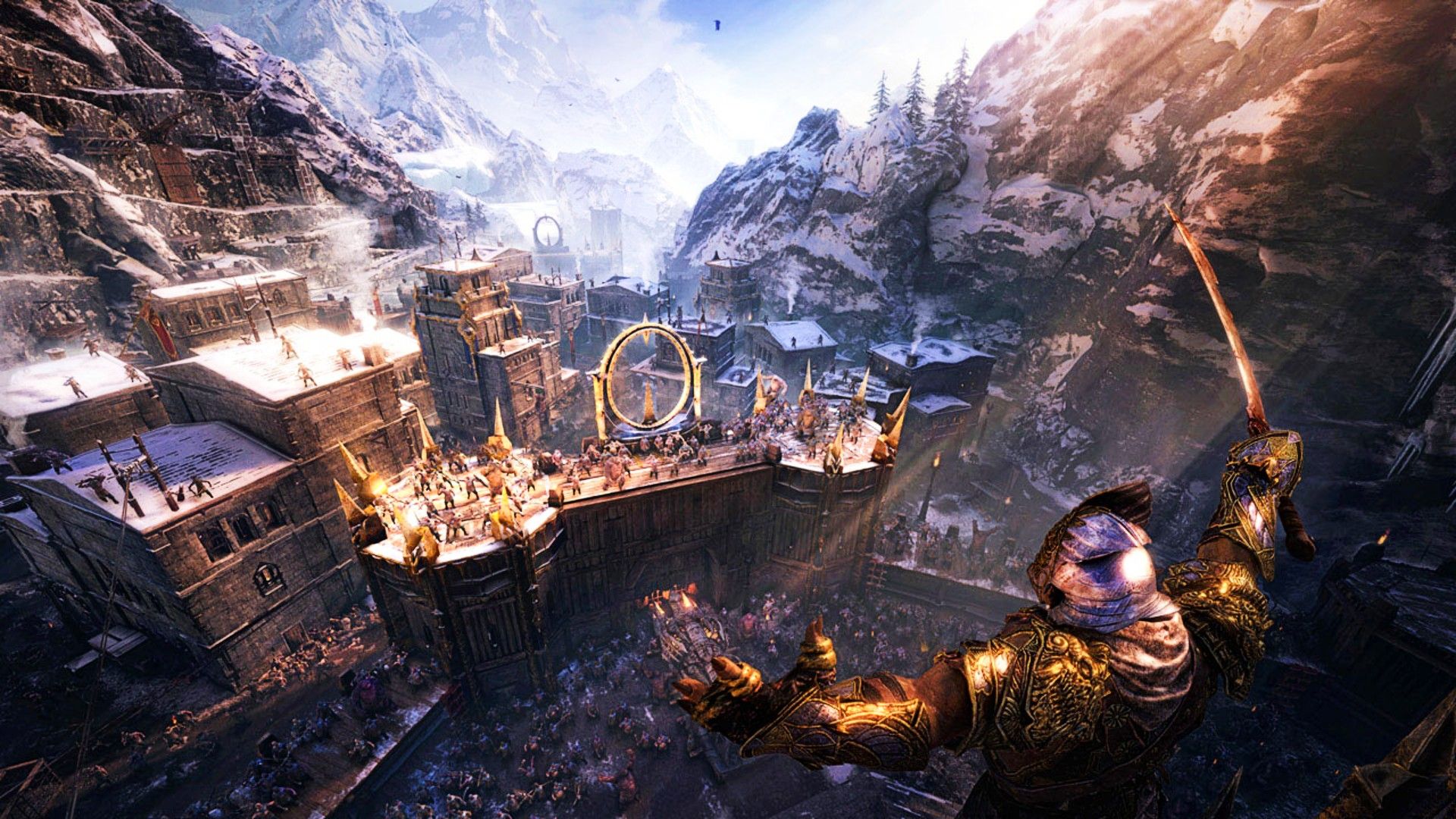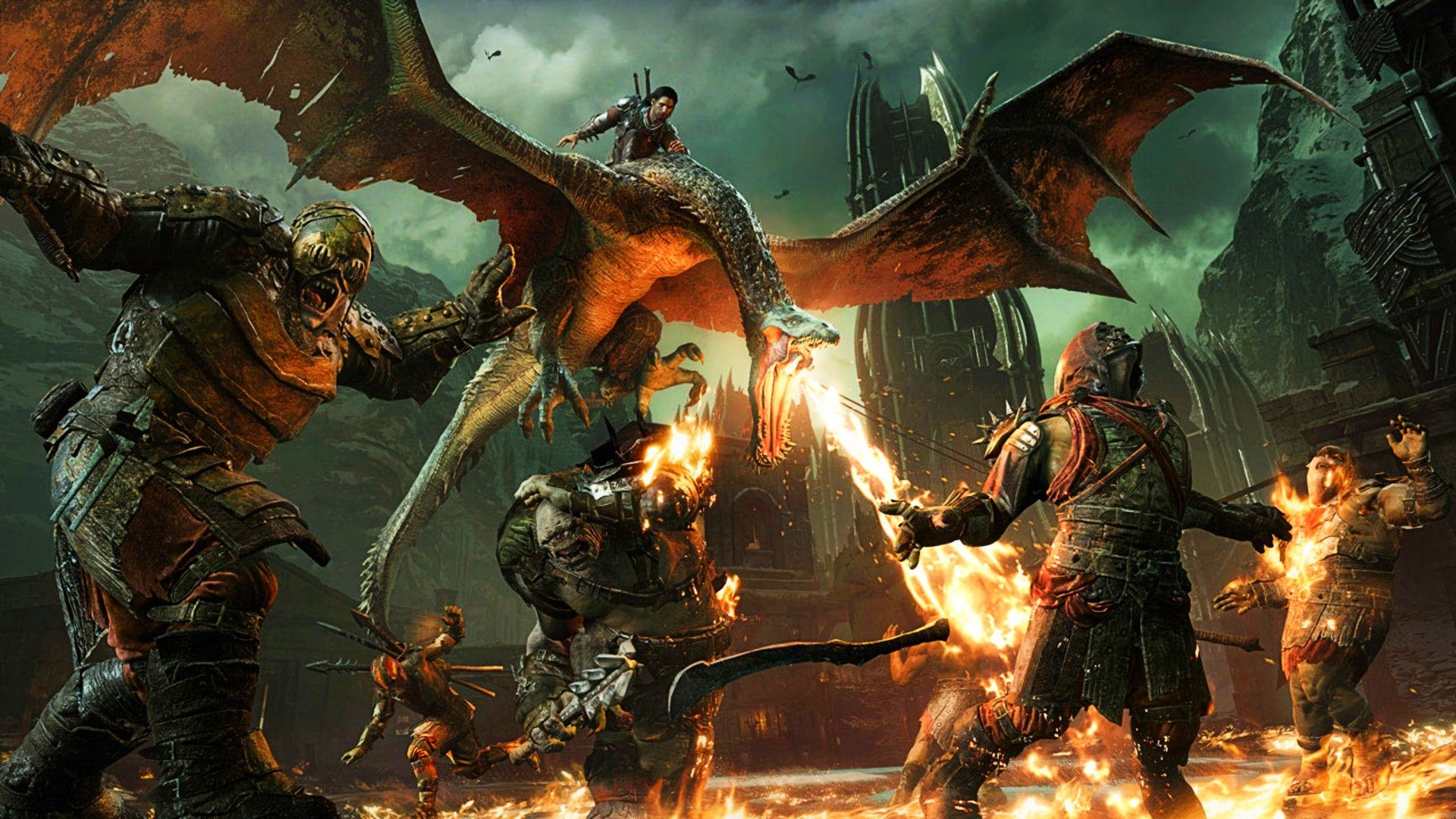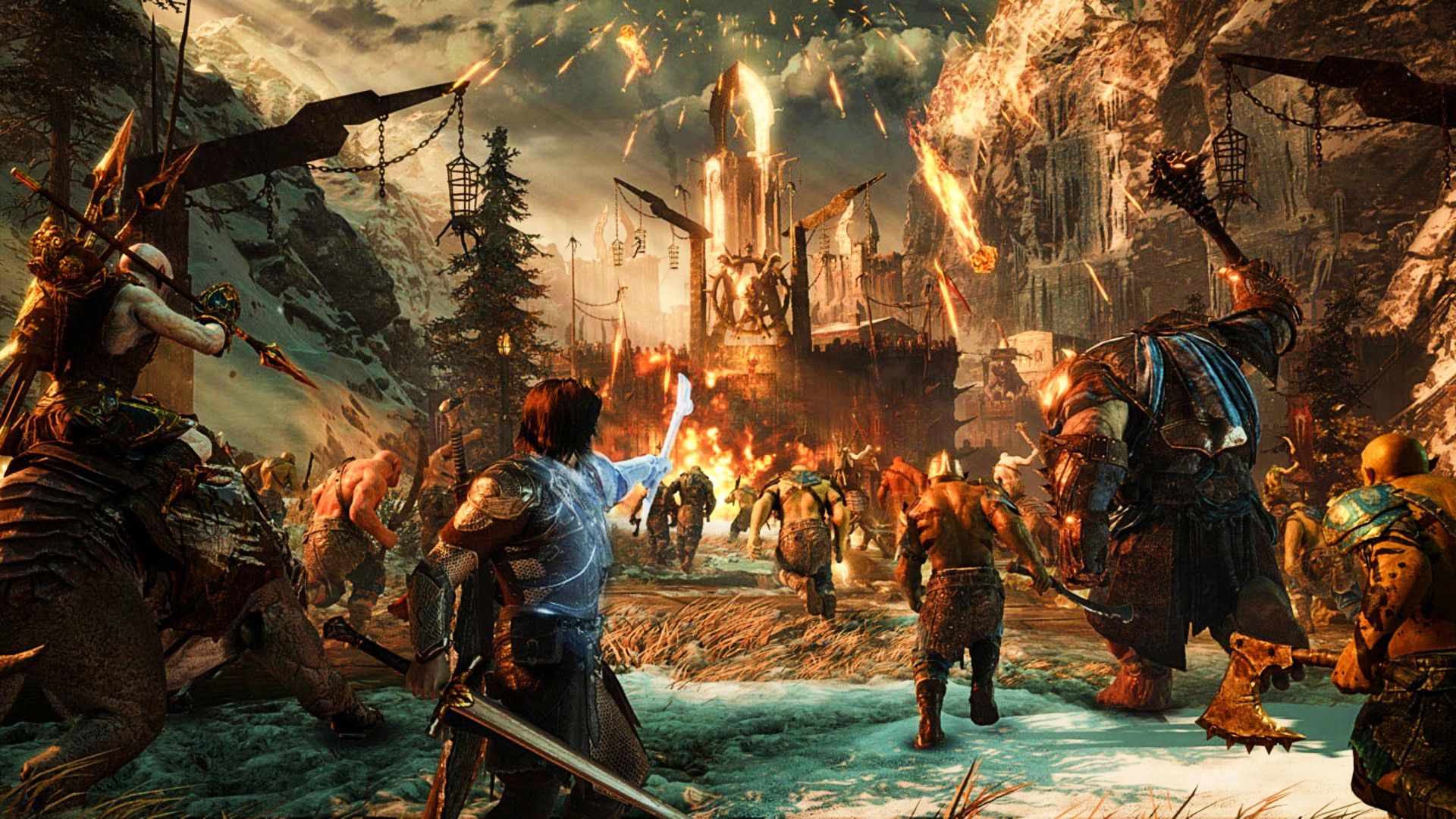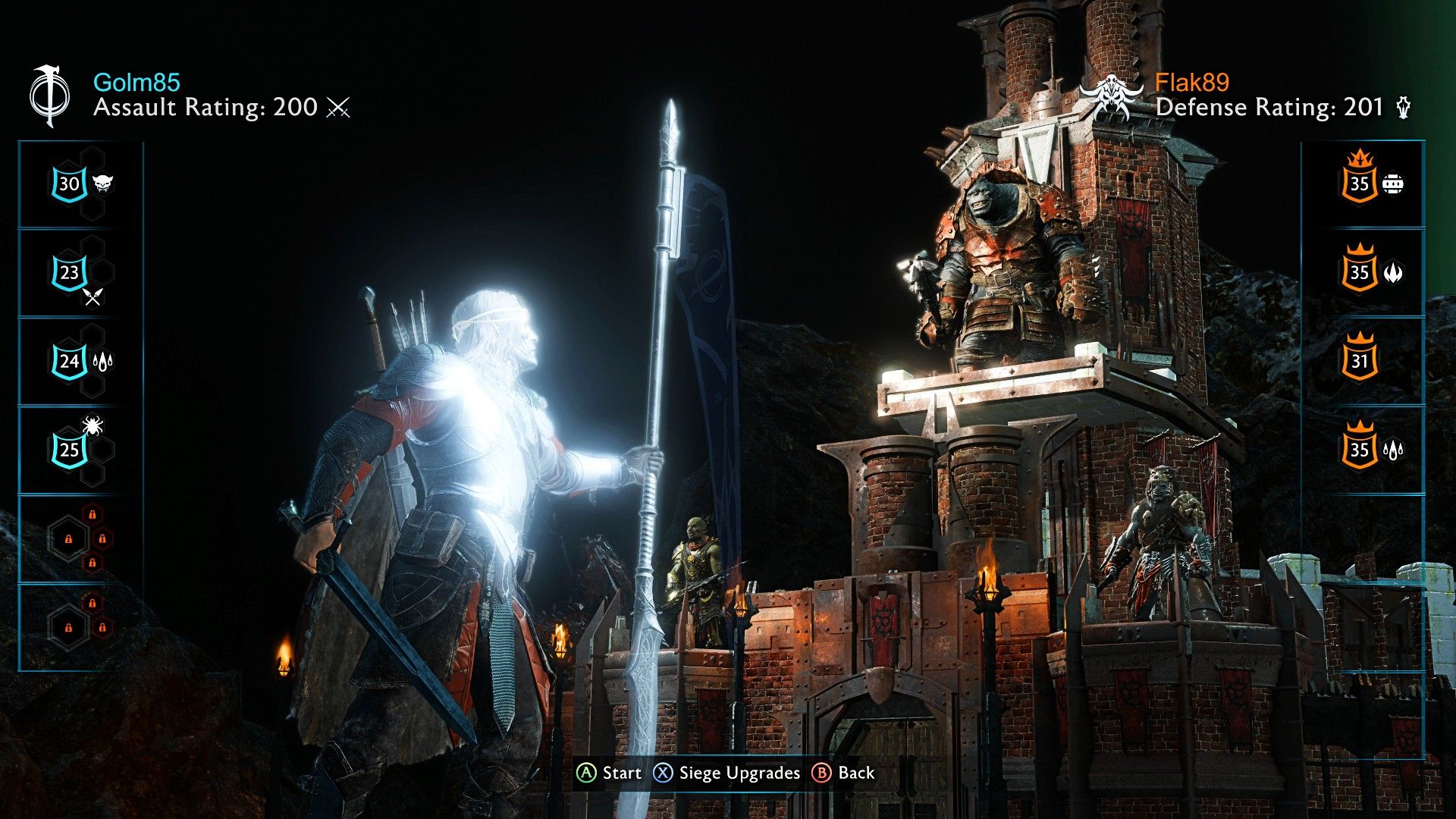Summary
- The Nemesis System creates unique storylines with enemy orcs that react to player actions.
- The patent on the system limits its use in other games until 2036.
- Warner Bros. not using the system as a mechanic in its games is a wasted opportunity for unique gameplay and storytelling.
The Nemesis System was first introduced in the 2014 game Middle-earth: Shadow of Mordor and improved in its 2017 sequel, Shadow of War. It is a groundbreaking video game feature that leads to unique storylines but it was patented so it seems like it will remain unused until August 11, 2036, when the patent expires.
The Nemesis System Is a Stroke of Genius
At its heart, the Nemesis system focuses on how the player interacts with Orc captains and Warchiefs, who are part of a ranked structure. Each Orc is randomly generated with its own name, look, personality, and fighting style. Because of this, no two playthroughs feel the same, and the game feels like it tells its own stories naturally.
The enemy AI in the Nemesis System reacts to what the player does. If the player beats an Orc captain using a certain strategy, that Orc might come back later with an immunity to that tactic or a new strength to counter it. On the other hand, if an Orc kills the player, it gets promoted, gains more power and influence, and sometimes gains new abilities, turning into a personal rival.
These enemies might even taunt the player about their past victories. The system isn’t just about fighting; it also includes strategy and a bit of diplomacy. Players can gather information on Orcs, influence their relationships, and even plant spies among them.
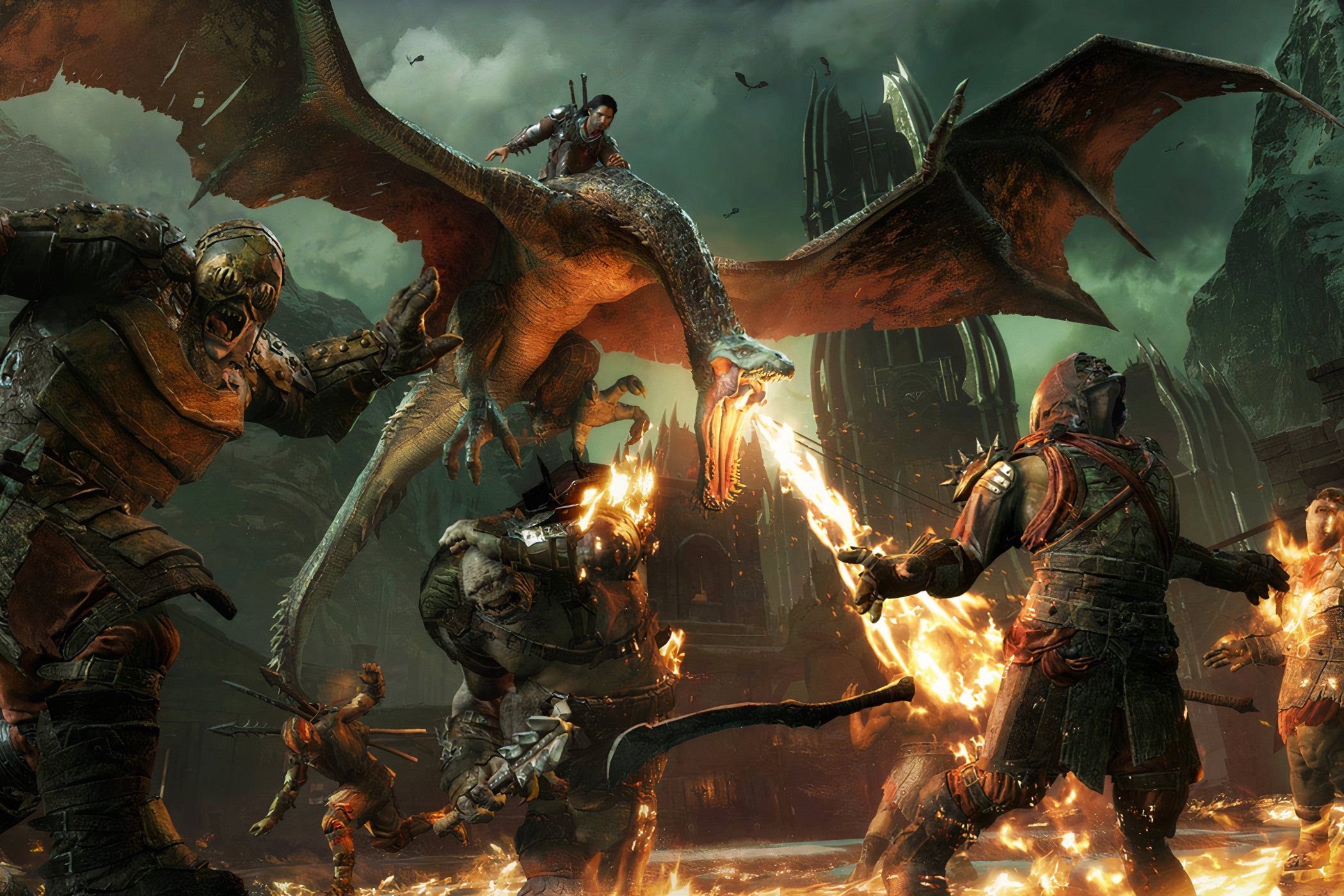
Related
The Orc hierarchy is made up of Grunts, Captains, Warchiefs, and Overlords, and this structure shapes the ongoing power struggles. The player’s actions directly affect who rises and falls in this system. Killing a Warchief, for example, lets the player put their own loyal Orcs in charge, but there’s always a risk that these newly promoted Orcs might turn on the player later in an unexpected betrayal.
Another key part of the system is the “cheating death” feature. Orcs that the player kills sometimes survive their wounds, coming back with scars, new abilities, and a strong urge for revenge. This keeps the story engaging over time, as old enemies can return with grudges that carry across multiple play sessions. These returning enemies might even recall past fights, making each encounter feel more personal.
In 2021, Warner Bros. obtained a Nemesis System patent, stopping other game developers from using similar mechanics until 2036. The patent protects the main parts of the system, like how Nemesis characters are randomly created, how they fit into a ranked structure, and how their relationships with the player change over time.
Patents can lead to many lawsuits, like the case against Palworld and Pokémon.
Due to this patent, other developers haven’t been able to experiment with similar ideas. This is especially disappointing since the Nemesis System is a fresh and influential idea. The fact that Warner Bros. hasn’t done much with it since means a unique and industry-changing feature is going to waste.
The Middle Earth Series May Not Get Sequels
The Middle-earth series might not get any more sequels, and the reason isn’t because fans have lost interest or because the creators have run out of ideas. Instead, it’s because of bad management by the company in charge and a game mechanic that was never used to its full potential.
Warner Bros. Discovery has been having money problems lately, which has led to big changes in the company, including major budget cuts and a focus only on franchises that are already profitable. This shift in priorities caused them to cancel the Wonder Woman game, which was being worked on by Monolith Productions, the same studio that created the groundbreaking Nemesis System.
When Monolith was shut down along with the cancellation of Wonder Woman, it was a huge loss not just for the people who worked there but also for the future of the Nemesis System. The system had never been used outside the Middle-earth: Shadow of Mordor and Shadow of War games.
Now, the company is only focusing on a few major franchises, like Harry Potter, Mortal Kombat, and DC (mostly Batman). While this makes sense from a business perspective, it means the Nemesis System is stuck in limbo, with little chance of being used again.
The System Has So Much Potential
The Nemesis System was pretty great for the Middle-earth series, but it wasn’t hard to see its potential. The Batman: Arkham games feel like they are the perfect fit. That series is a great example of how the Nemesis system could be used in worlds without needing a set story and only focusing on an overarching one.
Gotham City could be a second Mordor, filled with randomly generated criminals. These criminals could have their unique journey to power or failure, shaped by their fights with Batman. Small-time crooks could grow into dangerous villains, improving their skills and reputation based on their clashes with the Dark Knight. This would create a one-of-a-kind collection of enemies that changed every time someone played the game.
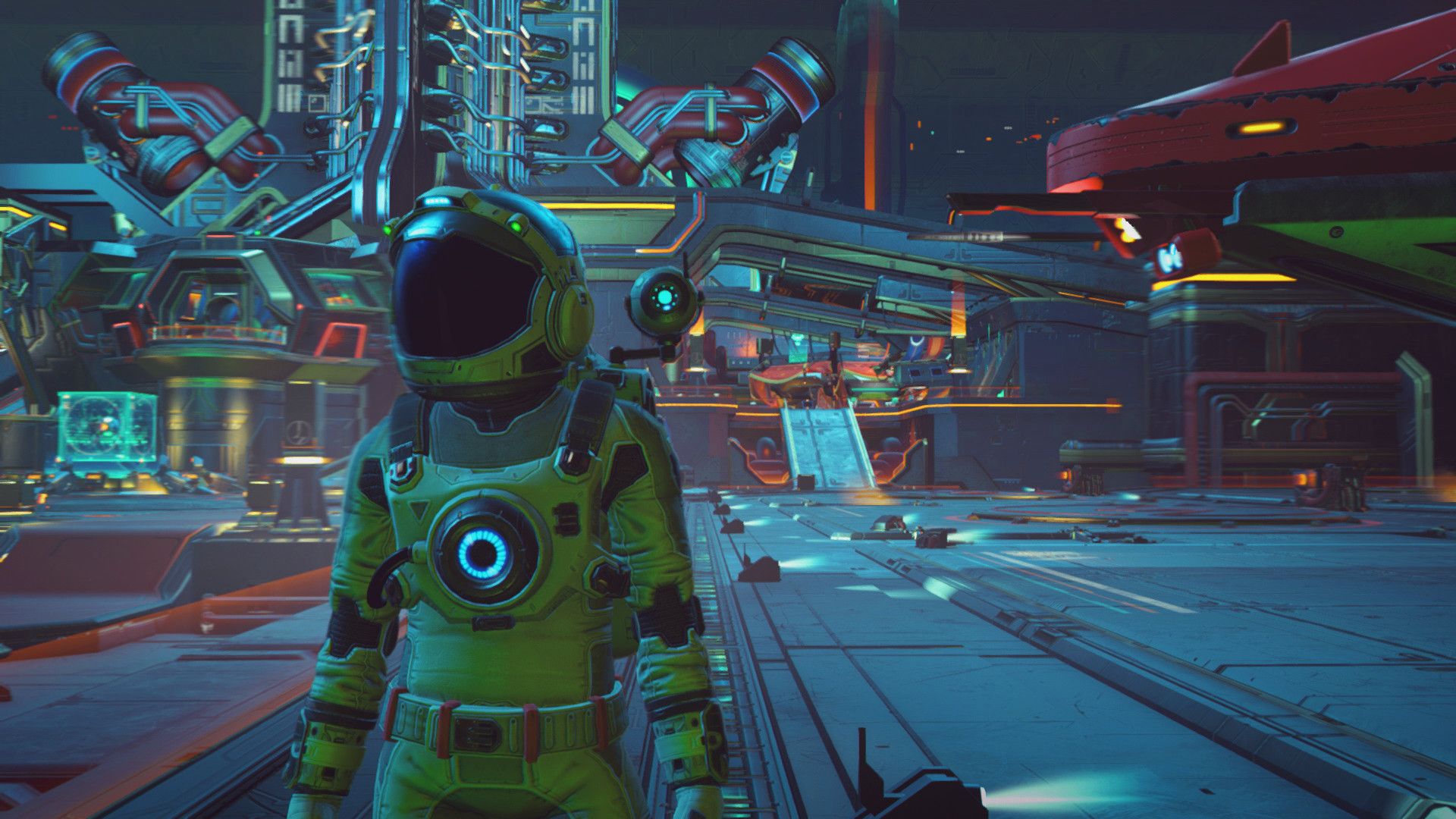
Related
5 Games That Recovered From a Disastrous Launch (and 4 That Didn’t)
Sometimes a high-profile game can recover from a disastrous launch. And sometimes it can’t.
The idea is that the world we’re given could be an existing one, just like Middle Earth, but the system makes the story. What made the Nemesis System so great was how it created narratives based on randomly generated content that reacted to the player.
The patent, while meant to protect the idea, basically kept this game-changing feature from being used to improve other game worlds. Patent creation and hoarding is one of the reasons why Stardew Valley might not have been made if Nintendo owned Harvest Moon, as Nintendo tends to patent its bigger ideas.
EA had a great patent, the ping system from Apex Legends. The company allows anyone to use it. Warner Bros. could have started a great mechanic that anyone could have built upon.
Warner Bros Needs to Use That System
Warner Bros. Interactive Entertainment’s choice to patent the Nemesis System and then mostly stop using it is a huge wasted opportunity. It’s ironic that the system, which was meant to keep players engaged and reduce resold games by offering endless replay value, was barely used. By patenting it, Warner Bros. essentially put the mechanic behind a legal barrier, stopping other developers from iterating upon it.
This is similar to what happened with patented loading screen minigames in the past. This was another creative idea that was kept mostly unused because Bandai Namco wanted to keep it to itself. The patent expired in 2017 when most games were moving away from loading screens on account of faster storage. This meant Bandai Namco could use the system for as long as it was viable.
What happens next with the Nemesis System is unclear. Warner Bros. Discovery might make new changes to its gaming division because of recent money troubles. However, leaving this mechanic behind feels like a waste when plenty of players want to see it in new games.
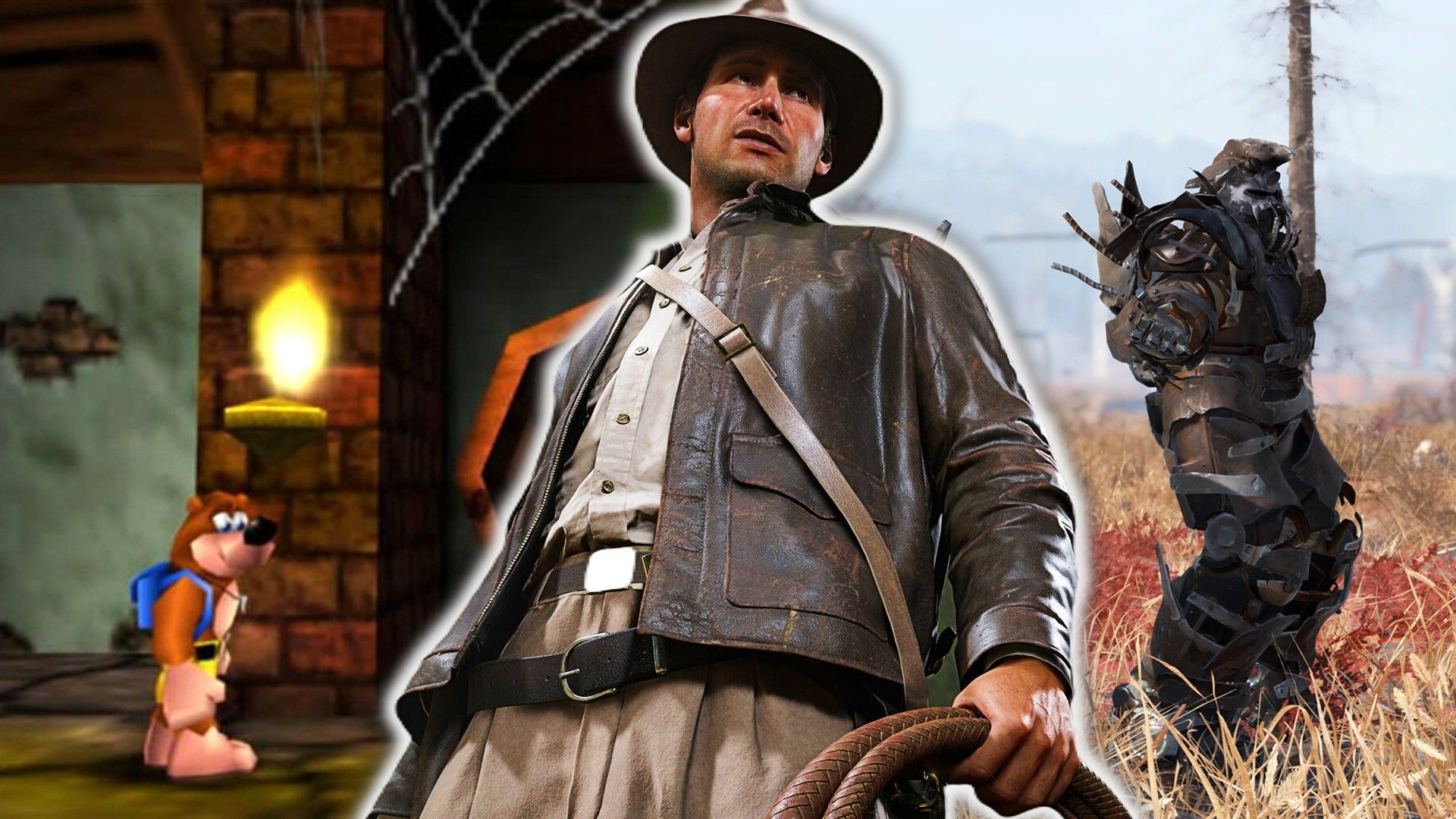
Related
10 Xbox Games I Want to See on the Nintendo Switch 2
The Switch 2 could breathe new life into these Microsoft titles.
Warner Bros. Discovery has made some questionable moves with its gaming division, like Suicide Squad: Kill The Justice League and Gotham Knights. It’s past time the company made a good move with a franchise, taking a feature that many players loved and putting it in a different series.
This would be a great way to market a game, which would lead to the sales Warner Bros. Discovery desperately needs. It’s still uncertain whether the Nemesis System will ever be widely used. Future buyouts of Warner Bros. Games or internal company changes could lead to a fresh look at its patents and whether the system gets used.


